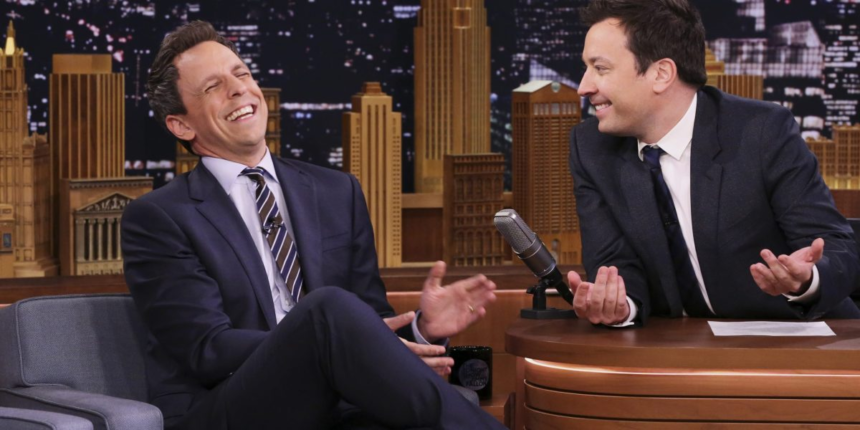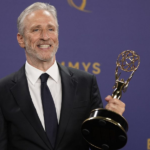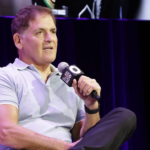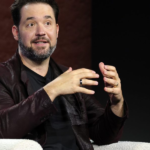Trump used the suspension – which happened after an ABC affiliate revolt over Kimmel’s criticisms of conservatives’ response to the assassination of activist Charlie Kirk – to double down on his feud with late-night television broadly, targeting Jimmy Fallon and Seth Meyers as “two total losers.”
But Robert Thompson of Syracuse University, a widely cited multimedia and downright entertainment savant, told Fortune the suspension can’t be explained by ratings alone.
“You don’t pull a midweek show that’s already booked because of ratings,” he said. “That’s not how networks operate.”
“This was one of the fastest exertions of station power I’ve ever seen,” Thompson said. “Back in the NYPD Blue days, some affiliates refused to air it, but ABC kept the show going. This time, ABC pulled the plug itself.”
Federal Communications Commission (FCC) Chairman Brendan Carr described the affiliates’ refusal to air Kimmel’s program as a “turning point” for legacy media.
“This action today by Nexstar and Sinclair, frankly, it’s unprecedented,” Carr said on Hannity Wednesday. “I can’t imagine another time when we’ve had local broadcasters tell a national programmer like Disney that your content no longer meets the needs and the values of our community.”
Carr also warned that further regulatory scrutiny could follow. In a separate interview with conservative podcaster Benny Johnson, he suggested the FCC might review Kimmel’s comments under potential “news distortion” provisions.
“Any license granted by us at the FCC comes with an obligation to operate in the public interest,” Carr said, adding that Kimmel’s remarks about Kirk’s suspected killer seemed like an “intentional effort to mislead the American people.”
Kimmel faced backlash after his Sept. 15 episode, where he said, among other things, “[w]e hit some new lows over the weekend with the MAGA gang desperately trying to characterize this kid who murdered Charlie Kirk as anything other than one of them and doing everything they can to score political points from it.”
Seizing on the controversy, Trump took a victory lap, hailing Kimmel’s suspension as “great news for America” and calling him a man of “zero talent.”
Trump has long hated many late-night talk show hosts, who have made him the butt of their joke-filled monologues for years. In August, Trump had dismissed Stephen Colbert as “talentless” shortly before CBS canceled The Late Show with Stephen Colbert after a decade-long run.
The simultaneous political crackdown and corporate consolidation have left late night—a bedrock of American TV for 70 years—at an inflection point.
“Networks seem to have no appetite for the kind of aggressive, political comedy that’s dominated the last 25 years,” Thompson said. “We may be coming full circle, back to a Carson-style, harmless late night—with NBC the last one standing.”
That would leave Seth Meyers in a precarious spot.
“He’s got to tread very carefully,” Thompson warned. “Does he serve his fans and risk becoming the third casualty, or soften and alienate them? There’s no good option.”
Meanwhile, Fallon and Meyers continue lampooning Trump. Fallon joked about Trump’s UK trip—“when he holds a little tea sandwich, his hands look normal-sized”—while Meyers compared Trump’s NATO logic to a “scam email.”
But their comedy now plays out under a shadow: Trump’s attacks, the FCC’s scrutiny, and affiliates’ newfound willingness to defy national networks. Together, they suggest a shifting media landscape—one where late night may no longer be safe ground for comedians to test even their wildest material.
Unlike Fallon, who has a less aggressive comedic style, Meyers is suddenly alone among the more aggressively political late-night hosts. He’s in a no-win bind, Thompson said: if he keeps doing sharp anti-Trump comedy, he could well be the next casualty. But if he softens his jokes, he’ll alienate the very audience that he’s built.
“I would hate to be Seth Meyers right now,” Thompson said.









